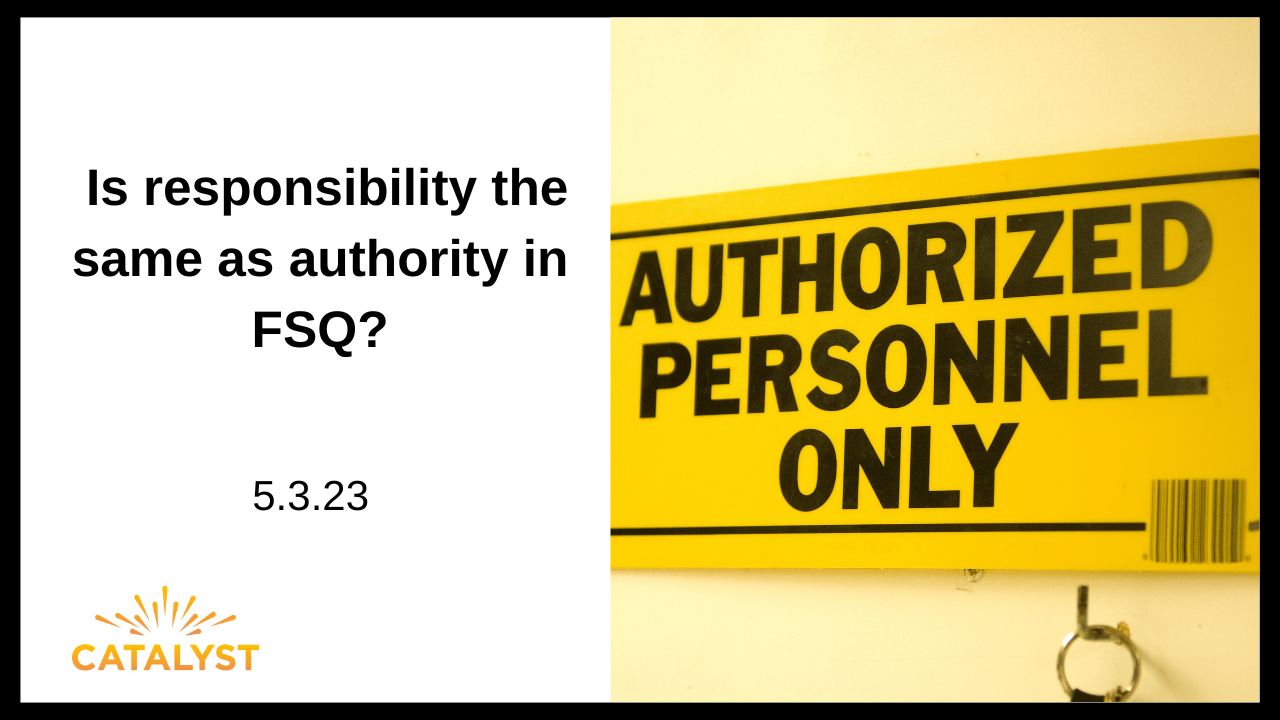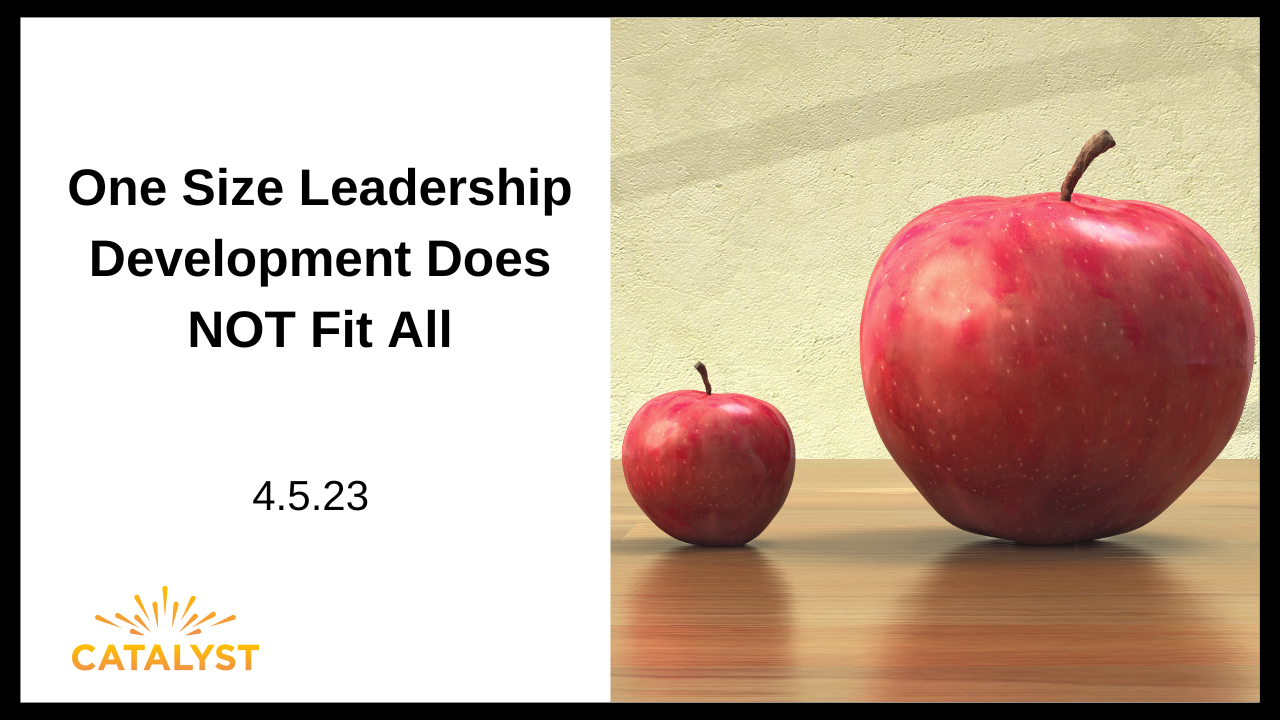You've heard it time and again: team members aren’t engaged and they want a better work culture. As a leader, you implement surveys, listening sessions, and food safety celebration days...only to have similar survey results from the next year. Leaders are understandably confused as to what team members really want. Sound familiar? This cycle of failed culture change is what is called the leadership paradox. What gives?
The issue is that many leaders still do the same...
Self-reflection is the cornerstone of shaping the culture you envision for your organization. Join us as we explore this fundamental truth about unraveling the powerful connection between self-awareness, personal growth, and the culture we create as leaders. We’ll dive into practical insights on how self-reflection can be harnessed as a potent tool in crafting the positive food safety culture we all aspire to have. Get ready to gain valuable insights, share experiences, and discover the...
Most people in FSQ have heard of Bill Marler and Shawn Stevens as prominent food safety lawyers, yet have you heard of food safety mediators? We didn’t even know food safety mediation existed until we met David Ernst. He practiced food safety law for decades, but started his own business recently to serve differently - as a food mediator and law firm succession consultant. Join us to learn all about food mediation, succession planning, and what drives...
How often does the response “because I said so” motivate people to action? Not only is that answer often ineffective in driving action, but it can also encourage people to do the opposite. Yet, this type of top-down management is still the predominant approach used in many organizations. Given the current state of food safety culture, one may wonder, would a bottom-up leadership approach be more effective in engaging team members to drive better food safety outcomes?...
We all know people leave bosses, not companies. While we may say it’s due to a bad boss, there’s often a host of factors to explore to understand the relationship dynamic, especially in food safety and quality. Join us this week as we dive into five ways to deal with a bad boss.
Learn more in THIS episode of Real Talk Food Safety with Tia & Jill.
A cornerstone of food safety is that employees have permission to act in the best interest of public health. Even though we’ve all been trained to say, “we can stop the line”, there are other aspects of food safety that require the same level of authority yet authority isn’t always given. What happens when you find yourself or your technical team (aka food safety team) in a position of responsibility without authority, or limited authority, to act in the...
On the career journey through food safety and quality, after gaining experience, people often to transition to formal leadership roles. Some people thrive, and some don’t. Transitioning from individual contributor to manager isn’t always as easy as it seems. Learn the secrets of success from Dr. Michael Wood!
Learn more in THIS Real Talk Food Safety episode with Tia & Jill.
In an era where Food Safety Culture is front and center, we need Technical Leaders that have effective leadership to guide and influence the journey. Many food companies partner with consultants to deploy leadership concepts across their organization to build leaders, including food safety leaders, to have “one” philosophy and style of leadership for their organization. While good in spirit, these attempts fall short. Why?
A 2017 leadership training study shows...
Good technical leaders have environmental monitoring programs in place. Great technical leaders have seek and destroy type environmental programs in place. What’s the difference?
Join us as we talk with Dr. John Butts, the creator of the seek & destroy scientific method that finds and eliminates pathogens in #foodandbeverage facilities. Together we’ll understand how seek and destroy is different than standard programs and how strong technical...
When you’re ready to start, everyone’s ready too, right? Not always. Great leaders know that people readiness comes in many forms, and they know how to assess people readiness based on technical skills and level of support. Join us to talk people readiness and why it’s the key to success in your food safety and quality systems.
Learn more in THIS episode of Real Talk Food Safety with Tia & Jill.
Join us for this two-part series on Who’s a better leader - extroverts or introverts? It depends! Extroverted leaders tend to get the limelight, and introverted leaders tend to be thought of as quiet and shy. How can Food Safety and Quality Leaders with extroverted tendencies leverage their unique gifts to have impact and drive the food safety culture that they would like to see?
Learn more in THIS episode of Real Talk Food Safety with Tia & Jill.
Who’s a better leader - extroverts or introverts? It depends! Extraverted leaders tend to get the limelight, and introverted leaders tend to be thought of as quiet and shy. Yet introverts have a quiet inner strength that lends to thoughtful, calm interactions that get results. How can Food Safety and Quality Leaders with introvert tendencies leverage their unique gifts to have impact and drive the food safety culture that they would like to see? Learn more...













